
Welcome to an immersive journey designed to enhance your understanding and broaden your horizons. In this section, we delve into a systematic approach that promises to enrich your learning experience through a structured sequence of revelations. Prepare to engage in a sequence of activities that will challenge your perceptions and expand your knowledge base.
Each phase of this experience is crafted to build upon the previous one, ensuring a cohesive and comprehensive exploration. The approach is intended to guide you through a well-organized process of learning, offering insights and strategies that are both actionable and thought-provoking. By following these well-defined stages, you will be equipped to achieve a deeper grasp of the subject matter.
As you embark on this enlightening adventure, you will encounter various tools and techniques designed to facilitate your journey. Embrace the opportunity to explore, question, and discover, as each step will lead you closer to mastering the concepts presented. Engage actively and allow yourself to be transformed through this structured exploration.
Understanding the “12 Days of Discovery” Concept
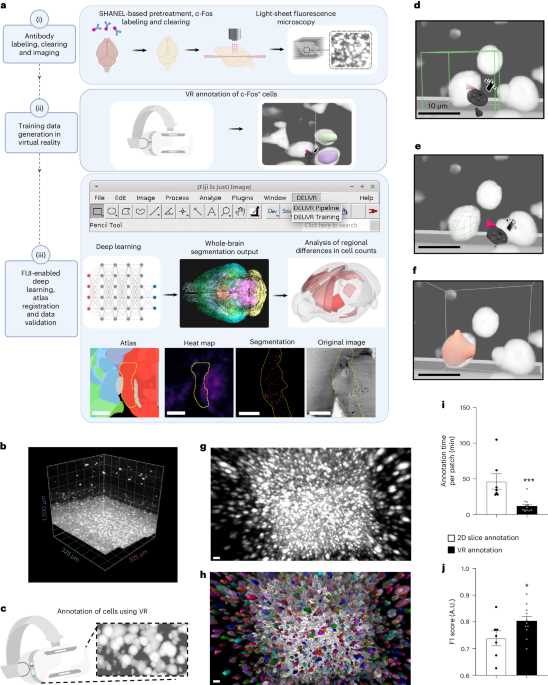
The concept revolves around a structured approach designed to unveil new insights and foster growth. This framework emphasizes a step-by-step exploration, allowing individuals to delve deeply into a subject over a specified period. Each segment of this journey is crafted to build upon the previous one, encouraging a comprehensive understanding and mastery of the topic at hand.
To illustrate this approach, consider the following table that outlines the core stages and their purpose:
| Stage | Description |
|---|---|
| Initial Exploration | Introduction to the topic, providing an overview and fundamental concepts. |
| Deep Dive | In-depth analysis of key elements, focusing on specific aspects for a thorough understanding. |
| Practical Application | Hands-on activities and exercises designed to apply knowledge in real-world scenarios. |
| Reflection | Evaluation of what has been learned, allowing for adjustments and deeper comprehension. |
| Expansion | Exploration of advanced topics and related fields to broaden perspective and enhance expertise. |
This methodical approach ensures a thorough engagement with the material, promoting both intellectual and practical growth over time.
Step-by-Step Guide to Effective Learning
Mastering new skills and knowledge requires a strategic approach. By following a structured method, you can enhance your ability to understand and retain information. This guide outlines essential phases to help you optimize your learning experience and achieve your educational goals efficiently.
1. Set Clear Objectives
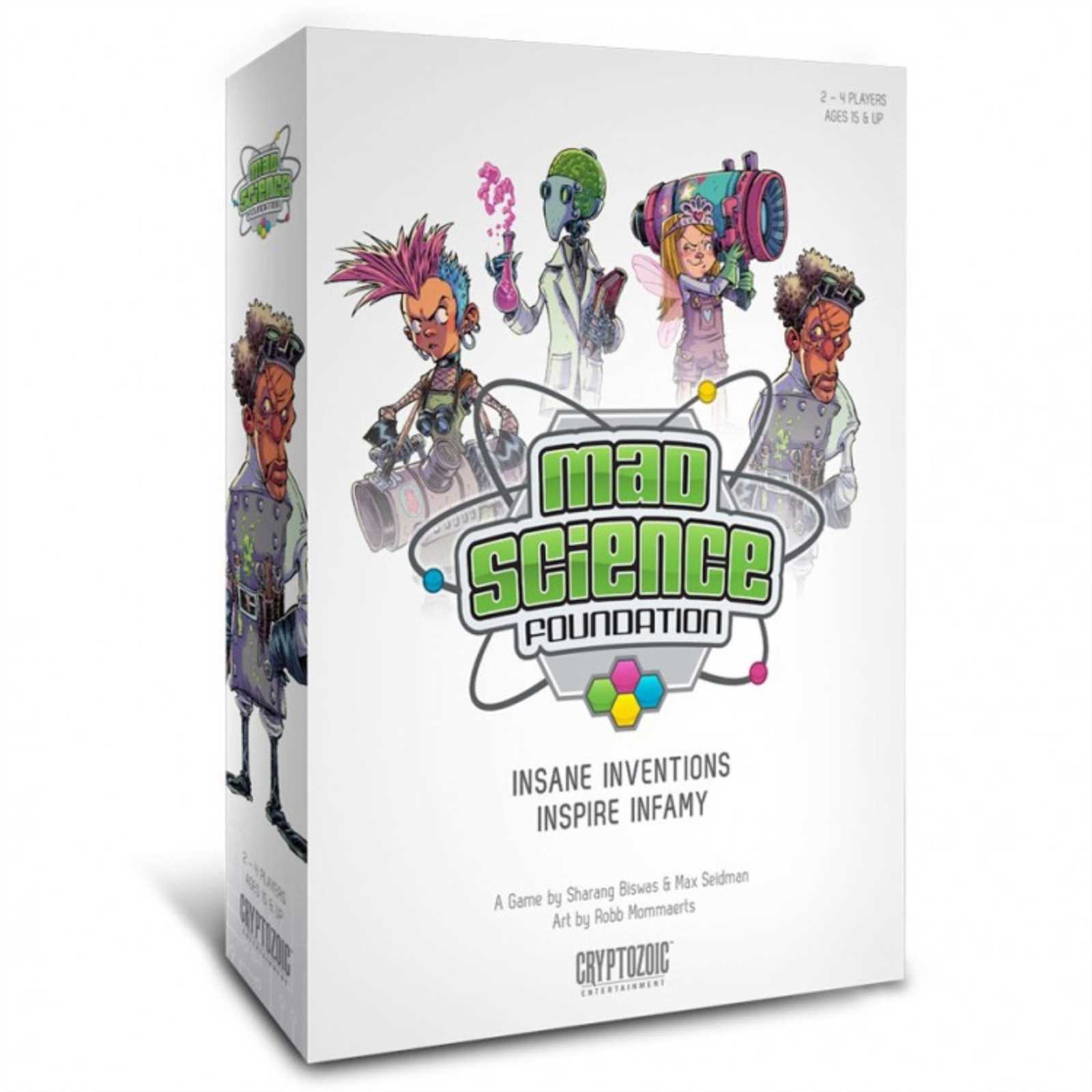
Begin by defining what you aim to accomplish. Clear, specific goals provide direction and motivation. Identify what you want to learn and why it is important to you. This clarity helps focus your efforts and measure your progress effectively.
2. Develop a Learning Plan
Create a detailed plan outlining the steps needed to reach your objectives. Break down complex topics into manageable parts and schedule regular study sessions. Incorporate various methods, such as reading, practice exercises, and discussions, to reinforce your understanding.
Exploring Each Day’s Unique Theme
Every segment of this journey offers a distinct focus, inviting you to delve into a variety of enriching experiences. Each thematic exploration is designed to illuminate new perspectives, fostering a deeper understanding of the subject matter. By engaging with these specialized topics, you unlock diverse opportunities for growth and insight.
Uncovering the Essence
Begin by immersing yourself in the core idea of each segment. The essence of each theme reveals itself through tailored activities and thoughtful reflections. This approach not only enhances comprehension but also encourages a more profound connection to the material.
Connecting the Dots
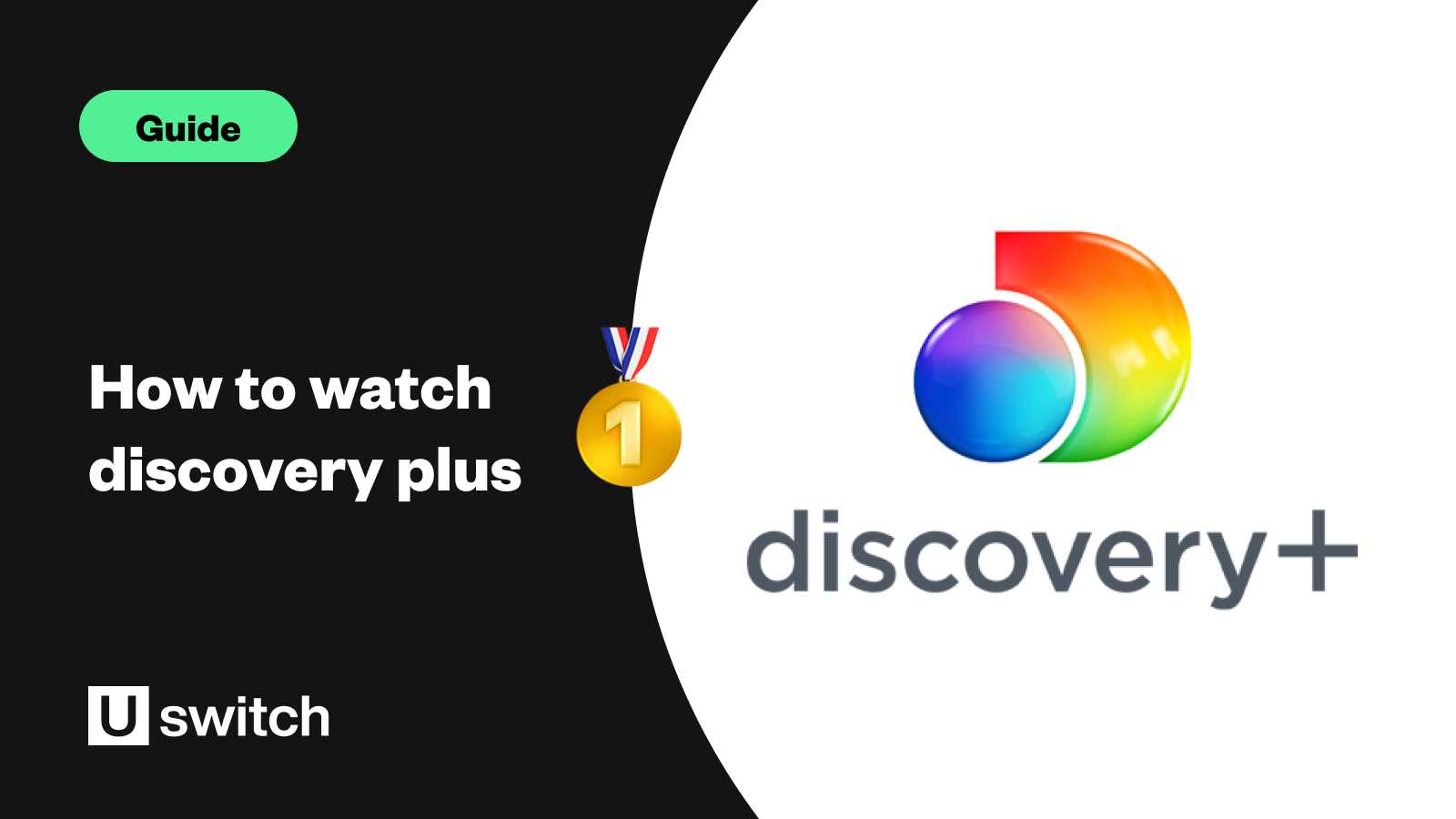
As you progress, notice how each focus area interrelates with the others. This interconnectedness allows for a holistic grasp of the overarching concepts, creating a cohesive learning experience. Embrace the chance to integrate these insights into a comprehensive understanding of the entire exploration.
Key Tools and Resources for Success
To achieve success in any venture, leveraging the right tools and resources is crucial. These elements can significantly impact productivity, efficiency, and the overall outcome. The selection of appropriate instruments and support systems can provide a solid foundation, streamline processes, and enhance performance. By integrating these essentials, individuals and teams can navigate challenges more effectively and reach their objectives with greater ease.
Essential Instruments
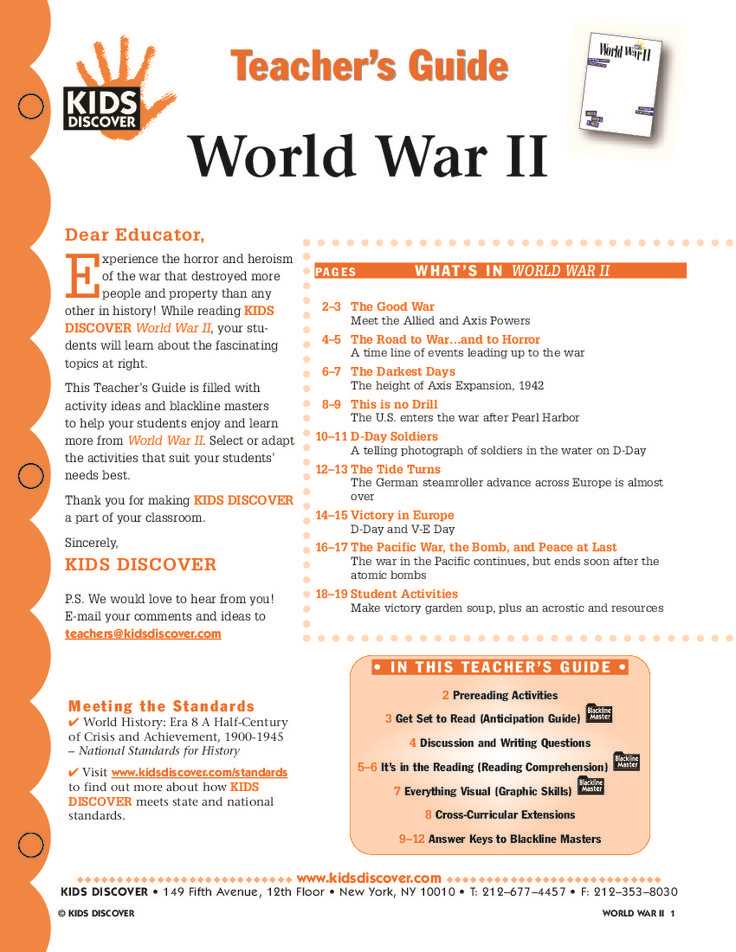
Utilizing the right instruments is fundamental for accomplishing goals. These tools can range from specialized software to practical applications designed to simplify tasks and enhance capabilities. Implementing the best instruments tailored to specific needs ensures that you are well-equipped to handle various aspects of your work. Investing in reliable and innovative tools can make a substantial difference in achieving desired results.
Valuable Support Systems
Support systems play a pivotal role in facilitating success. These resources may include educational materials, expert guidance, or collaborative networks that offer advice and share knowledge. Building a robust support network provides access to valuable insights and assistance, which can help overcome obstacles and optimize strategies. Engaging with a supportive community or utilizing comprehensive resources can significantly contribute to reaching your goals.
Common Challenges and How to Overcome Them
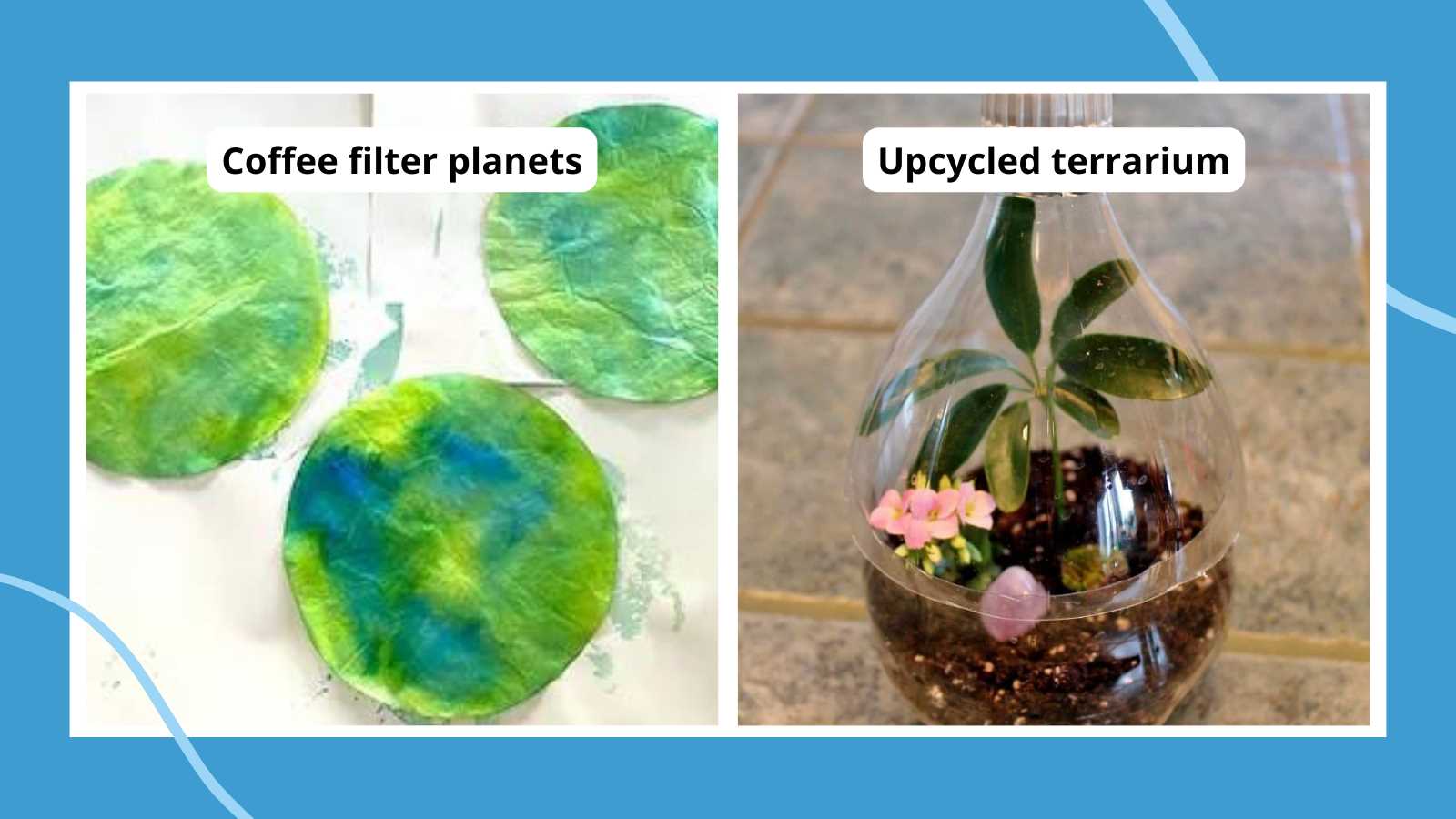
Embarking on a new learning journey often involves facing various obstacles. These hurdles can range from misunderstandings to lack of motivation. Identifying and addressing these issues effectively is crucial for ensuring progress and achieving desired outcomes. This section explores typical difficulties encountered during such endeavors and provides strategies to overcome them.
| Challenge | Solution |
|---|---|
| Misunderstanding Concepts | Seek additional resources or explanations from different perspectives. Engage in discussions or practical applications to reinforce understanding. |
| Loss of Motivation | Set small, achievable goals and celebrate each accomplishment. Remind yourself of the ultimate purpose and benefits of the learning process. |
| Time Management Issues | Create a structured plan with specific milestones and deadlines. Prioritize tasks and allocate dedicated time for each activity. |
| Overwhelming Amount of Information | Break down the information into manageable sections. Focus on one aspect at a time and use tools like summaries or mind maps to organize knowledge. |
| Difficulty in Applying Knowledge | Engage in hands-on practice or simulations. Apply theories in real-life scenarios to better understand their practical applications. |
Tips for Maximizing Your Discovery Experience
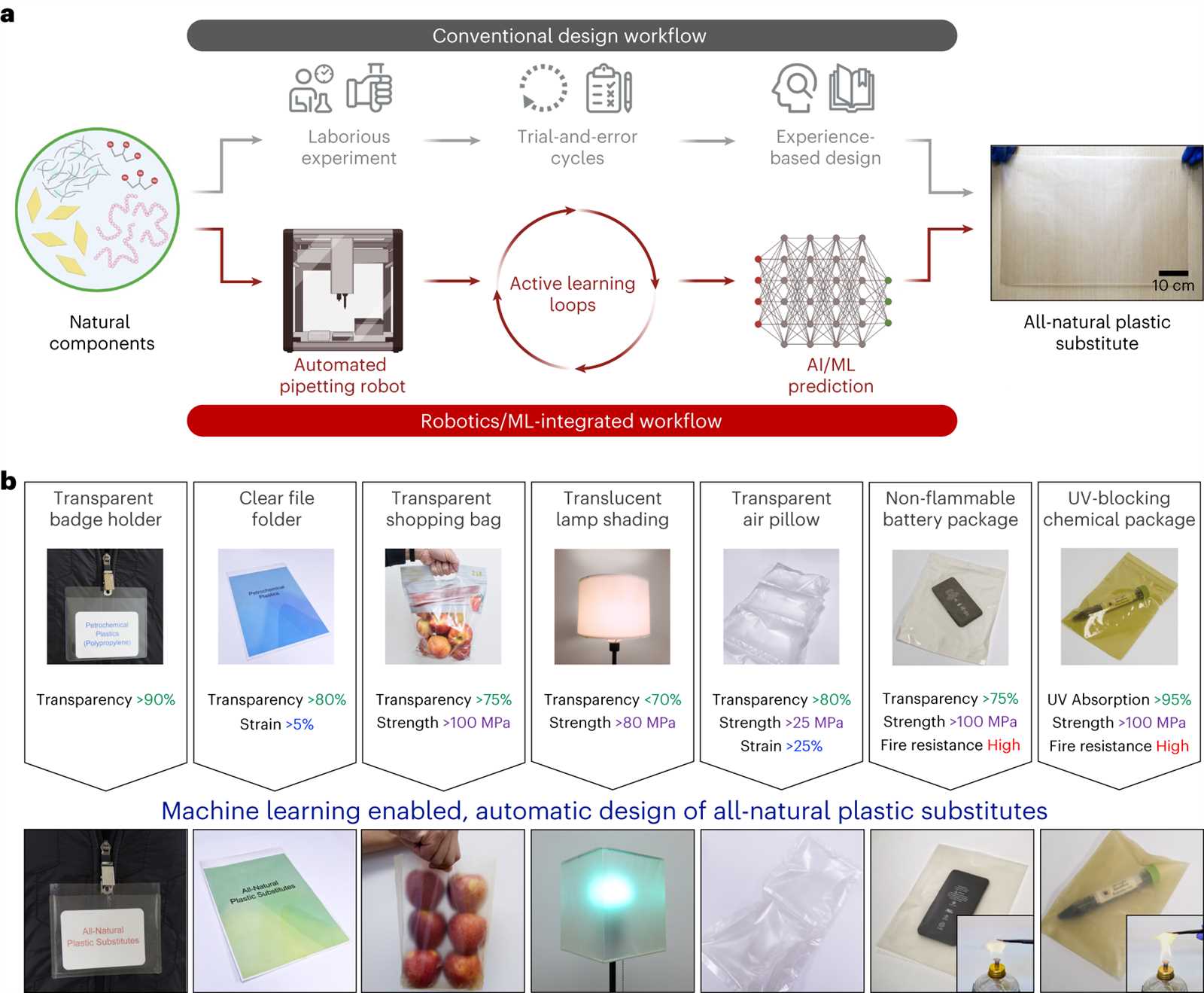
To make the most of your exploration journey, it’s crucial to approach it with a strategic mindset. By integrating certain practices and techniques, you can enhance your understanding and enjoyment, turning your quest into a more rewarding adventure.
Start by setting clear and achievable goals. Defining what you wish to gain or uncover will guide your efforts and keep you focused. Prioritize these objectives to maintain a sense of direction throughout your pursuit.
Engage actively with the material or environment you are exploring. Be curious, ask questions, and seek out diverse perspectives. Immersion and active participation can significantly deepen your experience and lead to more insightful discoveries.
Keep a detailed record of your findings and experiences. Documenting your journey not only helps track your progress but also allows you to reflect on what you’ve learned and adjust your approach if needed.
Leverage available resources and tools to their fullest potential. Whether it’s literature, technology, or expert advice, utilizing these assets can provide valuable support and enhance your exploration.
Lastly, remain adaptable and open-minded. The process of exploration often involves unexpected turns and new information. Embrace these moments as opportunities for further learning and growth.
Measuring Progress and Reflecting on Growth

Evaluating development and understanding personal advancement are crucial steps in any learning or self-improvement journey. To ensure effectiveness and continue moving forward, it is important to regularly assess achievements and consider the growth achieved over time. This process not only highlights the accomplishments but also provides insights into areas needing further attention.
One effective approach to track progress involves setting specific milestones and using them as benchmarks. These milestones can be tracked through various methods, including self-assessment, feedback from peers, or formal evaluations. Regular reflection helps in recognizing patterns, adjusting goals, and enhancing strategies for continued success.
| Method | Description | Benefits |
|---|---|---|
| Self-Assessment | Evaluating one’s own performance and progress. | Provides personal insights and identifies strengths and weaknesses. |
| Peer Feedback | Receiving evaluations from colleagues or mentors. | Offers diverse perspectives and constructive criticism. |
| Formal Evaluation | Undergoing structured assessments or tests. | Provides objective measurement and standard comparisons. |
Incorporating these methods into a regular routine helps maintain focus and motivation. Reflecting on progress not only celebrates achievements but also guides future actions and improvements. This ongoing process ensures that growth is not only recognized but also effectively nurtured.